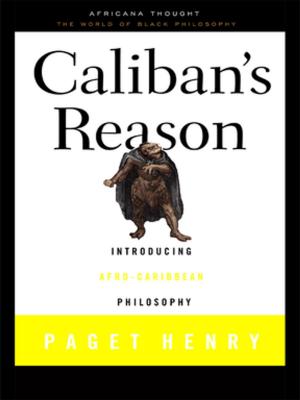The Rhetoric of Videogames as Embodied Practice
Procedural Habits
Nonfiction, Reference & Language, Language Arts, Public Speaking, Rhetoric, Entertainment, Games, Video & Electronic, Writing & Publishing, Composition & Creative Writing| Author: | Steve Holmes | ISBN: | 9781351399470 |
| Publisher: | Taylor and Francis | Publication: | September 11, 2017 |
| Imprint: | Routledge | Language: | English |
| Author: | Steve Holmes |
| ISBN: | 9781351399470 |
| Publisher: | Taylor and Francis |
| Publication: | September 11, 2017 |
| Imprint: | Routledge |
| Language: | English |
The Rhetoric of Videogames as Embodied Practice offers a critical reassessment of embodiment and materiality in rhetorical considerations of videogames. Holmes argues that rhetorical and philosophical conceptions of "habit" offer a critical resource for describing the interplay between thinking (writing and rhetoric) and embodiment. The book demonstrates how Aristotle's understanding of character (ethos), habit (hexis), and nature (phusis) can productively connect rhetoric to what Holmes calls "procedural habits": the ways in which rhetoric emerges from its interactions with the dynamic accumulation of conscious and nonconscious embodied experiences that consequently give rise to meaning, procedural subjectivity, control, and communicative agency both in digital game design discourse and the activity of play.
The Rhetoric of Videogames as Embodied Practice offers a critical reassessment of embodiment and materiality in rhetorical considerations of videogames. Holmes argues that rhetorical and philosophical conceptions of "habit" offer a critical resource for describing the interplay between thinking (writing and rhetoric) and embodiment. The book demonstrates how Aristotle's understanding of character (ethos), habit (hexis), and nature (phusis) can productively connect rhetoric to what Holmes calls "procedural habits": the ways in which rhetoric emerges from its interactions with the dynamic accumulation of conscious and nonconscious embodied experiences that consequently give rise to meaning, procedural subjectivity, control, and communicative agency both in digital game design discourse and the activity of play.















